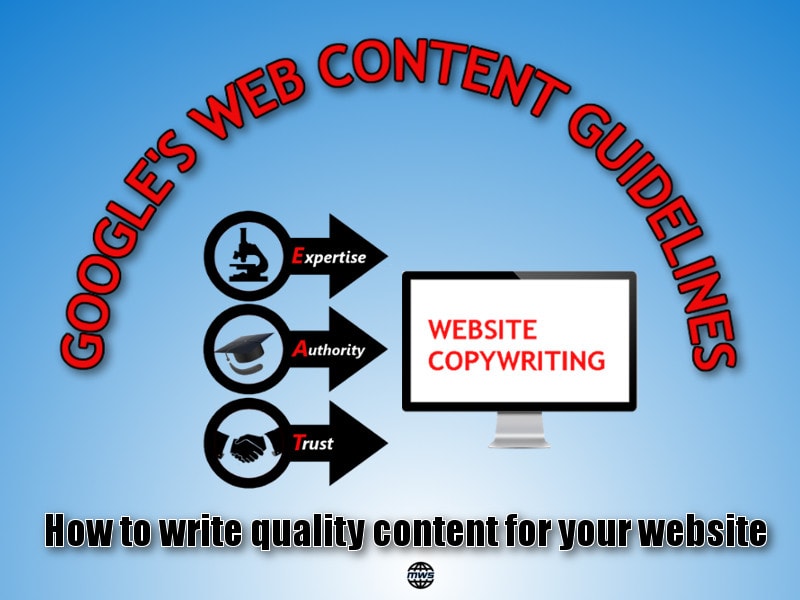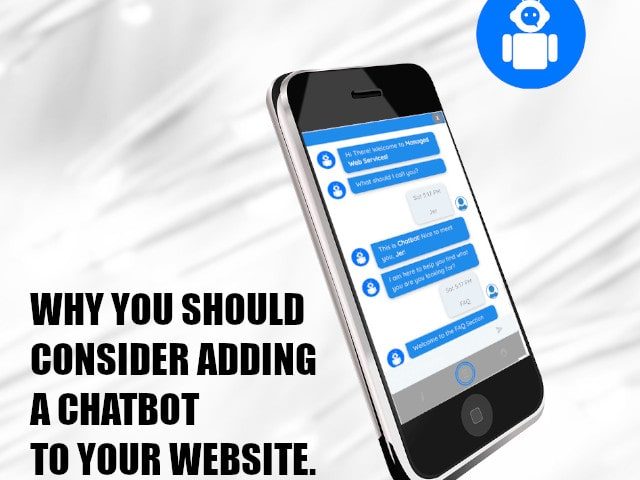Quality Content and Expertise, Authority and Trustworthiness: E-A-T
Google evaluates the content of your webpage using a number of metrics, one of the most important of which is Expertise, Authority, Trustworthiness or E-A-T. In July 2017 Google released a 160 page document called the “Search Quality Raters General Guidelines”. This document is aimed at Google’s own site evaluators to enable them to follow Google’s ranking guidelines. Yes Google does use people as well as algorithms to rank websites. Probably the most important item to be gleaned from these guidelines is the emphasis on quality content and need for expert writers to provide authoritative content to websites.
Google Panda
Quality content written for users and not just search engines the key to successful search engine optimisation. Google has been rewarding quality content since the release of the Google Panda algorithm back in 2011. Google Panda lowers the page rank of ‘thin’ or ‘low-quality’ sites and places higher-quality sites near the top of the search results. Google Panda has been updated many times since 2011 and is now part of Google’s core ranking algorithm.
Content Provided by Expert Writers
The guidelines place a huge emphasis on the need for expert writers of content. If Google deems a web page to be of particular importance, then there is a new focus on the authority of the source of the information provided on that website.
What exactly does Google mean by E.A.T.
Google uses the acronym E.A.T. which stands for Expertise, Authority, Trustworthiness, when evaluating the quality of any web page. High quality web pages will feature ‘expert’ content written by ‘expert’ writers. Examples of expert content written by expert writers would include, complex medical advice, financial advice, tax advice etc. all of which would need to be provided by people or organizations that possess the appropriate accreditation. Any advice that can affect the reader’s finances or well-being needs to be provided by an expert source. The term ‘well-being’ should be understood in its widest sense, and would include web pages on parenting, home refurbishment and investments for example. ‘Hobby’ pages also need to be written by experts. Any pages that don’t meet the guidelines will be regarded as low quality with a subsequent downgrading in page rank. Pages which are regarded as distracting or unhelpful will also be regarded as low quality.
Who is Considered an Expert?
The question of whether a writer is an expert or not will depend on the topic. You don’t have to have any particular qualifications to write a product or restaurant review, for example, as long as your review is detailed and helpful. Google also considers contributors to discussions to be experts and cites the example of a cancer support community. You would not need to have any medical expertise to provide information about coping with cancer on a daily basis, whereas you would if you provided information about the condition itself.
How does Google decide which websites are of particular importance?
Google decides which websites to pay particular attention to, by the potential effect the advice, information or services provided, can have on it’s users. Examples of these pages include e-commerce pages or any pages that facilitate any kind of on line payment or money transfer, such as bill paying etc. Pages providing information about investments, retirement planning, house purchase, insurance, or tax advice. Pages that provide specific information or advice about medical conditions, medications, mental health, and nutrition. All of these pages will need to provide E.A.T by qualified contributors or fall foul of the guidelines with a potentially disastrous impact upon their Google page ranking.




